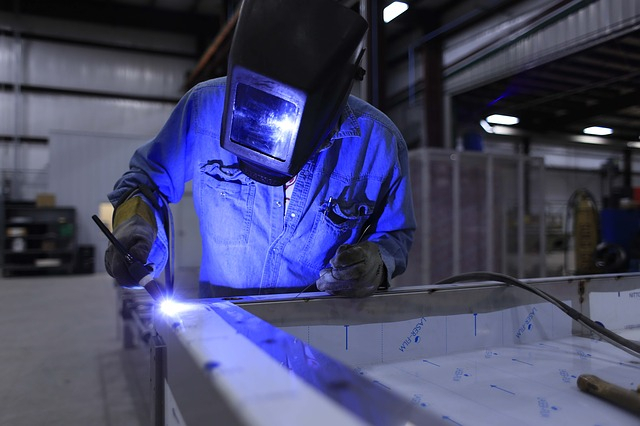
South Korea's unemployment rate jumped to a nine-year high in January as more people shunned low-paying work in the face of rising minimum wages, putting pressure on the economy and deepening policy frustrations for President Moon Jae-in.
The unemployment rate rose to 4.4 percent in January in seasonally adjusted terms, the highest since the 4.7 percent rate seen in January 2010, with most of the job losses seen in manufacturing and construction sectors, data from Statistics Korea showed on Wednesday.
In December, the jobless rate was 3.8 percent.
A combined 29 percent hike in the nation's mandatory minimum wages over only two years have led to a drop in low-paying jobs across retailers, construction and retail sectors in a blow to the economy already grappling with slowing exports.
Effective from January, the minimum wage increased 10.9 percent from last year to 8,350 won ($7.46) an hour, following a 16 percent increase made for 2018.
Workers at the manufacturing sector were the hardest hit in January, shedding 170,000 jobs from a year earlier. Construction sector and retailers also lost 19,000 jobs and 67,000 jobs, respectively.
The spike in the jobless rate adds to economic policy frustrations and political challenges for President Moon whose approval rating has dropped sharply in recent months.
Last month, the Bank of Korea decided to leave the policy rate unchanged at 1.75 percent, while trimming the growth outlook amid a cooling global economy.
Minutes of that meeting released on Tuesday showed a majority of BOK board members see inflation pressures remaining weak, reinforce market consensus that policymakers would stand pat for some time.
Economists say a combination of falling exports, China's slowdown and a weaker labour market pose further risks for the economy this year.








